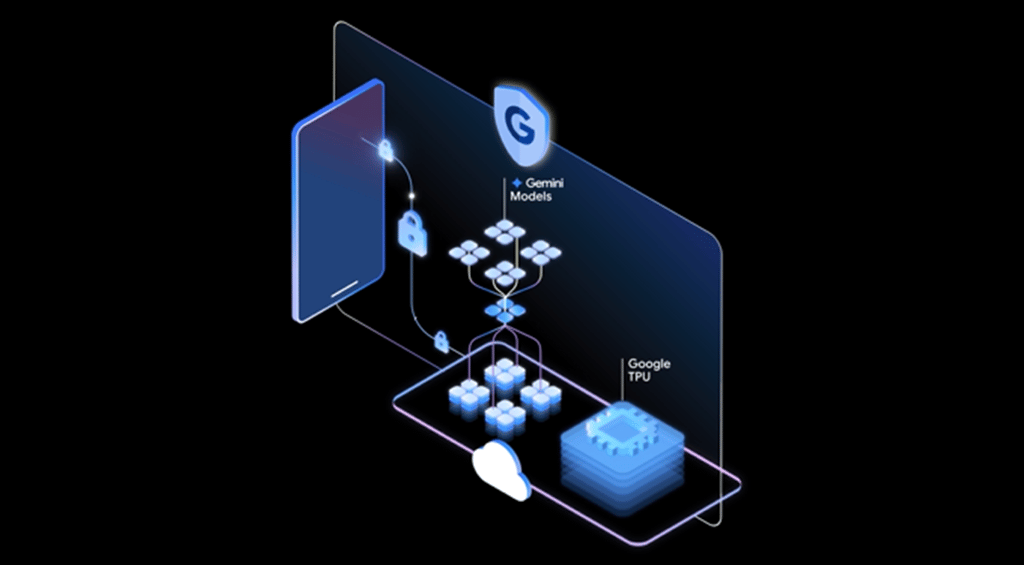Datamation content and product recommendations are
editorially independent. We may make money when you click on links
to our partners.
Learn More
Digital transformation’s effects are rippling well beyond the corporate sector.
Like most businesses, the U.S. federal government is being forced to evolve their IT operations to accommodate today’s mobile- and cloud-enabled workstyles (and lifestyles). A recent survey from Dell EMC, conducted by Penn Schoen Berland (PSB), reveals that most agencies are rising to the occasion.
Cloud Storage and Backup Benefits
Protecting your company’s data is critical. Cloud storage with automated backup is scalable, flexible and provides peace of mind. Cobalt Iron’s enterprise-grade backup and recovery solution is known for its hands-free automation and reliability, at a lower cost. Cloud backup that just works.
SCHEDULE FREE CONSULT/DEMO
Cloud computing is the biggest spending priority (68 percent) among the 100 federal IT and business decision makers polled by the firms, followed by data storage (64 percent). Ninety-one percent of respondents described the cloud as an important technology trend. Federal agencies are also keeping a close eye on mobility and big data.
And major IT vendors have noticed.
Last month, Microsoft announced an expansion of its Azure government cloud business. Next year, the company will open two new cloud datacenters, one in Arizona and another in Texas, specifically for government customers.
In 2011, leading cloud provider Amazon Web Services (AWS) announced a dedicated government offering dubbed AWS GovCloud. The cloud solutions suite enables agencies to deploy cloud services that adhere to the U.S. federal government’s strict security standards.
This past summer, Amazon announced that GovCloud had earned a major seal of approval from the U.S. Department of Defense (DoD).
In June, the company announced its government cloud had been cleared for Impact Level 4 workloads as specified in the Defense Department’s Cloud Computing Security Requirements Guide. “By achieving this, we are continuing to allow the DoD to utilize AWS to run their production Impact Level 4 workloads in the AWS environment, including, but not limited to, export controlled data, privacy information, protected health information, and other information requiring explicit CUI [Controlled Unclassified Information] designation, such as electronic medical records or munitions management systems,” stated the company in a June 25 announcement.
“Federal agencies largely appreciate the value of digital transformation, considering cloud, mobility and big data important to their organizations. These technologies are positioned to revolutionize how government does business and interacts with its constituents,” said Steve Harris, vice president and general manager at Dell EMC Federal, in a statement.
Few agencies are bucking the digital transformation trend. Nearly all those polled (97 percent) said they were working off a strategic IT plan. Their goals are largely to increase productivity (85 percent) and slash IT costs (65 percent), according to the study.
“Digital transformation also demands agencies modernize their IT systems,” continued Harris. “With IT plans defined by incremental steps toward modernization and flexible software-based solutions, agencies are equipped to support tomorrow’s technology innovation and meet today’s mission goals.”
Pedro Hernandez is a contributing editor at InfoStor. Follow him on Twitter @ecoINSITE.
-
Huawei’s AI Update: Things Are Moving Faster Than We Think
FEATURE | By Rob Enderle,
December 04, 2020
-
Keeping Machine Learning Algorithms Honest in the ‘Ethics-First’ Era
ARTIFICIAL INTELLIGENCE | By Guest Author,
November 18, 2020
-
Key Trends in Chatbots and RPA
FEATURE | By Guest Author,
November 10, 2020
-
Top 10 AIOps Companies
FEATURE | By Samuel Greengard,
November 05, 2020
-
What is Text Analysis?
ARTIFICIAL INTELLIGENCE | By Guest Author,
November 02, 2020
-
How Intel’s Work With Autonomous Cars Could Redefine General Purpose AI
ARTIFICIAL INTELLIGENCE | By Rob Enderle,
October 29, 2020
-
Dell Technologies World: Weaving Together Human And Machine Interaction For AI And Robotics
ARTIFICIAL INTELLIGENCE | By Rob Enderle,
October 23, 2020
-
The Super Moderator, or How IBM Project Debater Could Save Social Media
FEATURE | By Rob Enderle,
October 16, 2020
-
Top 10 Chatbot Platforms
FEATURE | By Cynthia Harvey,
October 07, 2020
-
Finding a Career Path in AI
ARTIFICIAL INTELLIGENCE | By Guest Author,
October 05, 2020
-
CIOs Discuss the Promise of AI and Data Science
FEATURE | By Guest Author,
September 25, 2020
-
Microsoft Is Building An AI Product That Could Predict The Future
FEATURE | By Rob Enderle,
September 25, 2020
-
Top 10 Machine Learning Companies 2020
FEATURE | By Cynthia Harvey,
September 22, 2020
-
NVIDIA and ARM: Massively Changing The AI Landscape
ARTIFICIAL INTELLIGENCE | By Rob Enderle,
September 18, 2020
-
Continuous Intelligence: Expert Discussion [Video and Podcast]
ARTIFICIAL INTELLIGENCE | By James Maguire,
September 14, 2020
-
Artificial Intelligence: Governance and Ethics [Video]
ARTIFICIAL INTELLIGENCE | By James Maguire,
September 13, 2020
-
IBM Watson At The US Open: Showcasing The Power Of A Mature Enterprise-Class AI
FEATURE | By Rob Enderle,
September 11, 2020
-
Artificial Intelligence: Perception vs. Reality
FEATURE | By James Maguire,
September 09, 2020
-
Anticipating The Coming Wave Of AI Enhanced PCs
FEATURE | By Rob Enderle,
September 05, 2020
-
The Critical Nature Of IBM’s NLP (Natural Language Processing) Effort
ARTIFICIAL INTELLIGENCE | By Rob Enderle,
August 14, 2020
SEE ALL
CLOUD ARTICLES









